Essays
Jólabókaflóð: Meet Your Favorite New Holiday Tradition
Embrace Iceland’s “Yule Book Flood” this season and give your loved ones books to read on Christmas Eve. It’s a tradition worth passing along.

What is Jólabókaflóð? It’s an Icelandic holiday and one we’re incorporating into our own yuletide celebrations. Iceland might be the best place in the world to be a book lover—and Christmas in Iceland might be the best time of year. 93% of Icelanders read at least one book a year compared to 73% of Americans, so it comes as no surprise that Iceland ranks as the third most literate country in the world (Finland and Norway take the top two spots, according to this study). In Iceland, one in ten people will publish a book in their lifetime, and in 2011 Reykjavík was designated a UNESCO City of Literature.
Here in the United States, the beginning of the holiday season is signaled by the unceremonious swapping of Halloween candy for holiday decorations in grocery store aisles around the country on November 1st. Only by the grace of God will you not hear Mariah Carey’s “All I Want for Christmas” before Thanksgiving. In Iceland, however, the holiday season officially kicks off with the delivery of the Bokatidindi—a catalog of every new book published in Iceland. Let that sink in: The Iceland Publishers Association distributes a free catalog of books to every Icelandic home. And people go nuts.
Thus begins Iceland’s Christmas Eve book tradition of jólabókaflóð. What is jólabókaflóð? Jólabókaflóð, or “Yule Book Flood,” originated during World War II when foreign imports were restricted, but paper was cheap. Iceland’s population was not large enough to support a year-round publishing industry, so book publishers flooded the market with new titles in the final weeks of the year. While giving books is not unique to Iceland, the tradition of exchanging books on Christmas Eve and then spending the evening reading is becoming a cultural phenomenon. In recent years the meme has spread on social media, and bookworms around the world are cottoning on to the idea. (If you’re wondering how to pronounce jólabókaflóð, the phonetic pronunciation is yo-la-bok-a-flot, or you can listen to it pronounced here.)
Last Christmas, my family gathered to celebrate the holidays in Portland, Oregon. It was a big crowd. My stepsister and her wife got married the week before Christmas, so the extended family of parents and siblings and partners and steps and in-laws and children extended even further than usual. I tallied the people on my gift list and made an executive decision to do something different that year. Rather than rack my brain and sack my savings, I opened my Goodreads app and headed to the bookstore. I was going to start a one-woman revolution in Christmas gifting.
The concept was simple: one part Jólabókaflóð, one part Blind Date with a Book, and a twist of White Elephant. There were 10 adults on my list, so I would buy 10 of the best books I had read the previous year. Only books I had rated with five stars were eligible, and they had to carry some appeal for more than one person on the list. Thankfully, I had the vast used book inventory of Powell’s at my disposal, so I set myself a limit of $10 per book and started hunting.
While I browsed, I composed short blurbs in my head for each title. Then, just like one would do with a Blind Date with a Book, I wrapped the books and wrote a few words on a tag to give a sense of the genre and style. (See more book gifts for everyone on your list here!)
After dinner on Christmas Eve, my family gathered in front of the fire in my sister’s living room. The babies had been put to bed. My five-year-old son and six-year-old nephew cuddled on the couch with my dad, who read aloud from a tattered copy of The Night Before Christmas, a Christmas Eve tradition in our family since he was a child.
When “Happy Christmas to all, and to all a good night!” closed out storytime, the Jólabókaflóð gates opened. I handed out gift-wrapped books to all of the adults (the boys got their own children’s books to open). We passed each wrapped book around the room so that everyone could read the tags, then placed them on the coffee table.
I gave instructions: everyone choose a book that you’re drawn to, and open it. If you’ve already read it, you can trade with anyone else in the room who holds a book that you’d rather read. I beamed as I watched my family open books that I had loved reading. Shockingly, no one had chosen a book they’d already read, so the White Elephant clause wasn’t invoked. We talked about books as the embers died down, and then everyone went to bed with a new book in hand.
This year, we’re changing the rules a bit. Everyone will bring their own blind date book to the party. I won’t be the sole Santa in the room, and I’ll learn something new about the people I know best: I’ll get to discover what they loved reading most this past year.
What a gift.



For Anna Quindlen’s A Short Guide to a Happy Life, I called it “a meaningful meditation on life that urges you to get the most out of each day.”
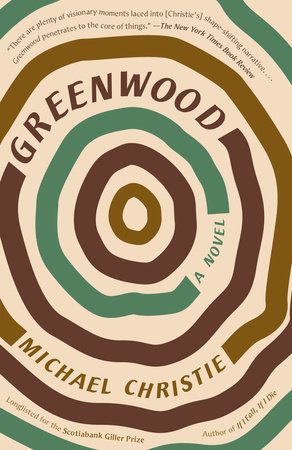


I called Michael Christie’s Greenwood a “magnificent generational saga that charts a family’s rise and fall, its secrets and inherited crimes, all set against the backdrop of lush forests.” Perfect for a fiction fan or nature lover.



The person who hosted Thanksgiving might love Denise Kiernan’s We Gather Together, which I called “a study of American History through the story of giving thanks.”
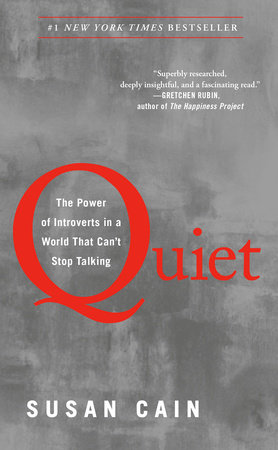


The introvert in your group needs Susan Cain’s Quiet, which I called “a deep dive on the ways our society dramatically undervalues introverts and how much we lose in doing so.”



I wrote on the tag for Silvia Moreno-Garcia’s Mexican Gothic: “this novel is perfect for anyone who loves to travel virtually through a book, and who also doesn’t mind a chill up their spine while reading!”
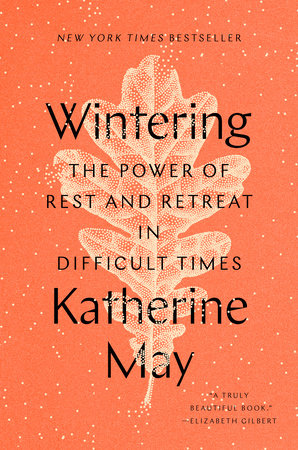


I wrote of Katherine May’s Wintering: “This intimate, revelatory book explores the ways we can care for and repair ourselves when life knocks us down through the transformative power of rest and retreat.” Anyone who’s been through a tough time this year needs this narrative about healing through hibernation.



A combination of myth, fantasy, and history, I called Marlon James’ Black Leopard, Red Wolf “a saga of breathtaking adventure that explores what happens when a mercenary is hired to find a missing child.”
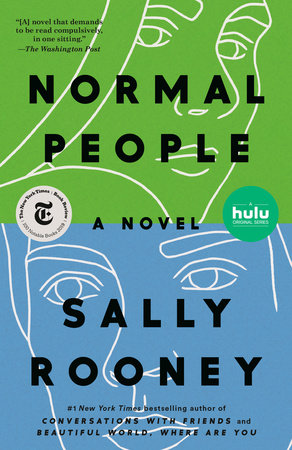


The person in my family who digs a romantic and heartbreaking love story will receive Sally Rooney’s Normal People, which I called “a Romeo and Juliet for the millennial age. Marianne and Connell are unforgettable characters.”



I said of Erin Morgenstern’s The Starless Sea: “This is a love story set in a fantasy underground world filled with pirates, painters, lovers, liars, libraries, and ships that sail upon a starless sea.”
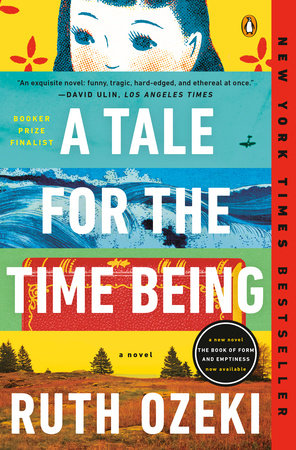


For Ruth Ozeki’s A Tale for the Time Being, I referenced Murakami, Proust, time travel, and Buddhism. It’s one of the most unique stories I’ve ever read.



For Emily St. John Mandel’s Station Eleven, I said it was “a beautiful post-apocalyptic page-turner.”



I wrote that Julian Barnes’ Levels of Life was “a meditation on love and loss.”
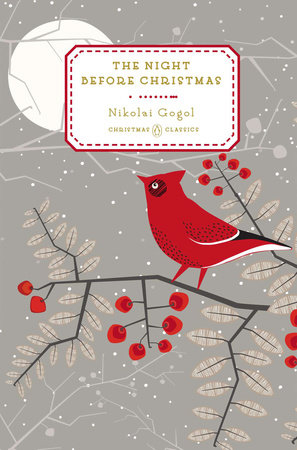


A crowd-pleasing holiday book, no matter what age you are.











